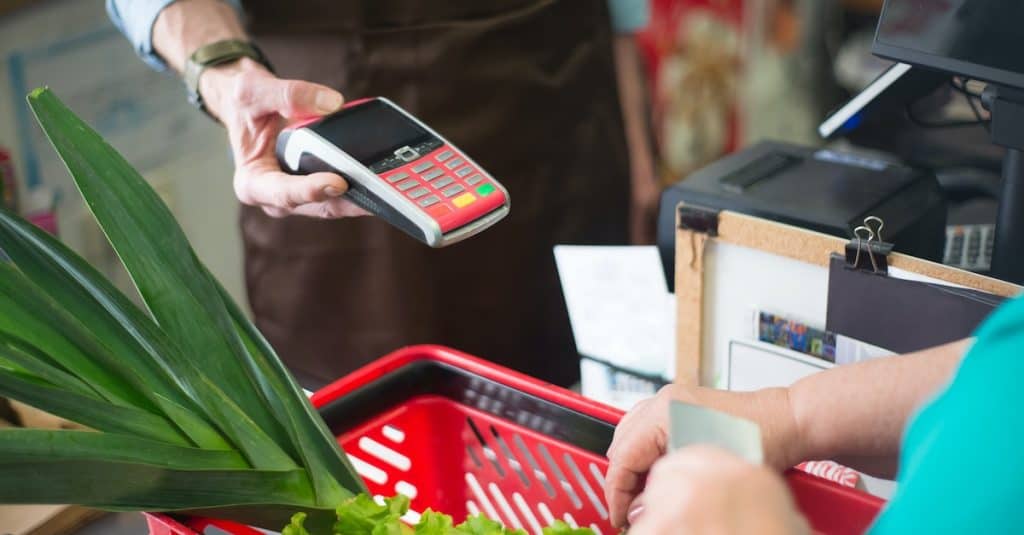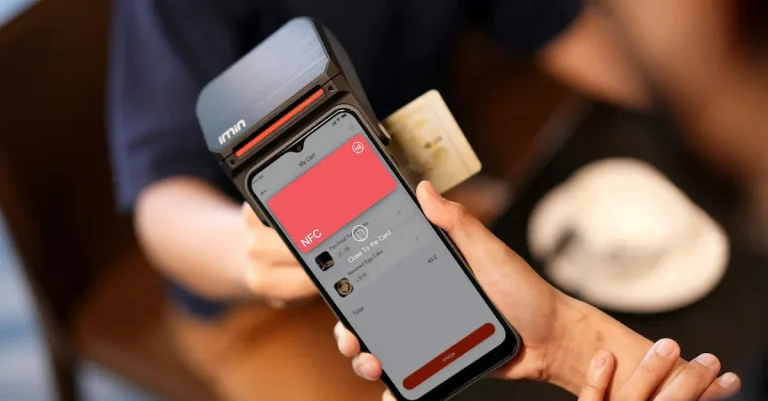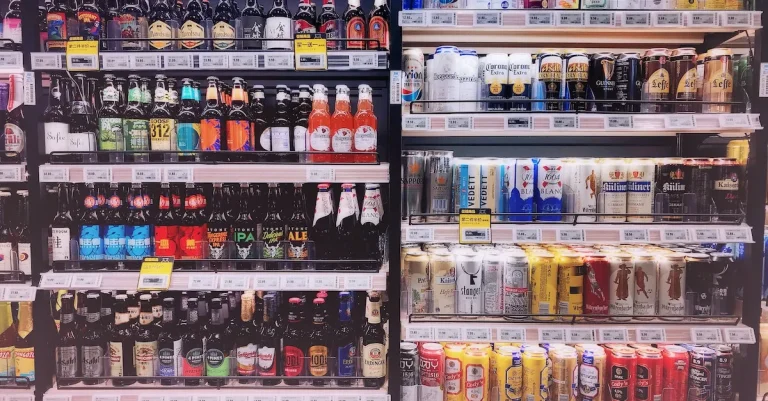Does Unused EBT Money Roll Over to the Next Month?
The Electronic Benefit Transfer (EBT) system allows recipients of programs like SNAP and TANF to receive monthly benefits through a special debit card. This provides convenience and flexibility in purchasing food and other necessities.
A common question for EBT recipients is what happens to any leftover benefits at the end of the month.
Can unused balances roll over to the next month? Or do they expire if not spent by the end of the period?
If you’re short on time, here’s a quick answer: Yes, for most states, unused EBT funds do carry over from month to month rather than expiring.
This allows recipients to save up benefits for larger purchases or future needs. However, some states do impose limits on the amount that can roll over.
Excess funds may be removed from the EBT card balance at the end of the month. It’s important for EBT recipients to understand their state’s specific policies to avoid losing benefits.
EBT Balances Typically Roll Over Each Month
Leftover Benefits Carry Over Rather Than Expire
The good news is that in most states, any unused EBT funds will roll over to the next month rather than expire. So, if you don’t spend your entire EBT balance in a given month, those remaining benefits will carry over to the following month’s balance.
This rollover policy provides flexibility and makes EBT funds less restrictive.
For example, if you receive $200 in EBT in March and only spend $150, the leftover $50 will roll over and be added to your April balance.
This ability to accumulate funds over time can be helpful for saving up for larger grocery trips or special occasions.
Allows Saving Funds for Future Needs
EBT rollover policies enable recipients to save benefits for future needs rather than feeling pressured to spend down the balance each month.
Families can budget and plan ahead, accumulating EBT funds to stock up on groceries for holidays, birthdays, or other major events when extra food may be needed.
Without rollover, recipients might overspend unnecessarily at the end of each month just to avoid wasting benefits. EBT rollover eliminates this issue and promotes more thoughtful spending habits.
True in Most States, Some Exceptions Exist
While most states allow accumulation and rollover of EBT balances, rules can vary in certain locations. States have the flexibility to set expiration timeframes for unused EBT balances based on SNAP guidelines.
But typically, unused EBT amounts remain available month-to-month rather than disappearing at the end of each period. Checking your specific state’s EBT policies can help confirm rollover details.
Some States Limit Monthly EBT Rollover Amounts
Florida Allows Up to $30 Rollover
While federal SNAP rules allow unused EBT benefits to roll over month-to-month, some states have imposed limits on rollover amounts.
For example, Georgia only allows SNAP recipients to roll over a maximum of $25 in unused EBT funds each month. Any funds over $25 that are not spent by the end of the month are permanently forfeited.
The rollover amount cap imposed by states was implemented to encourage beneficiaries to use their SNAP allotments timely and as intended each month.

Other States May Have Similar Limits
A few other states, such as Alabama and Texas, may have also enacted policies that limit how much unused SNAP money can roll over each month. These types of state policies are allowed under federal law as long as they do not conflict with USDA standards.
States that have set a specific rollover cap tend to justify the limits as promoting more efficient use of SNAP benefits each month. However, critics argue that overly restrictive rollover policies undermine the purpose of SNAP as a supplemental food resource.
Excess May be Forfeited Monthly
No matter what the rollover cap is set at, SNAP recipients in states with monthly limits should be aware that any funds left over above the cap will be removed from their EBT balance at the end of each month.
In states with limits on the monthly rollover of Supplemental Nutrition Assistance Program (SNAP) benefits, regardless of the specific amount set as the rollover cap, any unspent funds exceeding this cap will not carry over to the next month.
Instead, these surplus funds will be removed from their Electronic Benefit Transfer (EBT) balance at the conclusion of each month.
Checking Your State’s Specific EBT Rollover Policy
Contact Your State EBT Program
The easiest way to find out if unused EBT benefits roll over in your state is to contact your state’s EBT customer service center.
Every state has dedicated call centers and representatives who can look up your account details and give you a clear answer on that state’s rollover rules.
Some things to have handy when you call are your name, date of birth, Social Security number, and EBT card number. That will allow the agent to pull up your account quickly and give you the most accurate information.
Calling only takes a few minutes, and then you’ll have the definitive word straight from the source!
Or Check State Government Websites
If you prefer to look up the EBT rollover policy yourself, start by visiting your state government’s website.
Most states have a Department of Health and Human Services, Economic Services Division, or similar agency that administers the EBT program.
Visit this USDA link and click on the state where you are located. It will open up options related to SNAP and direct you to your state’s SNAP website.
Additionally, you can look for FAQs or an EBT cardholder manual. These usually address whether unused funds carry over month-to-month. This may take more time than just calling, but it lets you get the info at your own pace.
Saves Hassle If You Know the Rules
It’s worth the effort to check if your state allows rollovers. That way, you can use your benefits judiciously each month.
If the money expires at midnight on the 1st day of the month in your state, you’ll know to buy essential grocery items by the end of the prior month. No more leaving unused funds on the card due to confusion over dates!
And if you ever have to dispute a charge or get a refund, you’ll understand how that impacts rollover balances.
Knowing the ins and outs of EBT rollovers saves hassle and headaches down the road. Check with your state agency today to get clear on the policy where you live.
Strategies to Avoid Losing EBT Due to Limits
Track Monthly Balance and Spending
To avoid forfeiting EBT funds due to rollover limits, beneficiaries should regularly track their monthly balance and spending.
This can be done by saving receipts, logging purchases, and checking your EBT balance online or via the mobile app.
Knowing how much has been spent and how much is left makes it easier to budget the remainder before the month ends.

Shop At the End of the Month for Excess
Try to shop for groceries in the final week of the month if you notice excess EBT is still available.
Stock up on shelf-stable items like pasta, rice, canned goods, etc. Buying extra food at month’s end lets you utilize the benefits instead of losing them due to an imminent rollover cap.
Plan Meals Around Leftovers
Get creative with meal plans to use up ingredients you already have on hand. Check your fridge and pantry at the start of each week to see what needs to be eaten soon.
Planning recipes and meals around those leftovers makes sure you get the most value from purchased groceries before your monthly EBT resets.
With some strategic spending, budgeting, and planning, SNAP recipients can often avoid leaving excessive funds on the table at the end of each month.
States may limit how much carries over, but beneficiaries can adapt and make the most of their allotted EBT every month.
Managing Your Benefits: Rollover, Expiry, and Support
When it comes to your benefits, it’s important to understand how they carry over and expire.
Any benefits that remain unutilized at the end of a given month will automatically be transferred to the following month. This feature allows you to use the funds you’ve received more flexibly.
However, it’s essential to note that benefits do not last indefinitely on your card. In some states, an EBT card would be deactivated if it is unused for 3 consecutive months, while other states can allow up to 12 months before deactivation.
For most states like Colorado, after 274 days (approximately 9 months), any remaining benefits will be removed from your card if you have not been using your EBT card during that time.
This measure is in place to ensure that the program’s resources are regularly cycled and used by those who need them most.
If you have any questions or require clarification about your benefits, we encourage you to get in touch with your local county human services office.
They are there to assist you in understanding the program, managing your benefits effectively, and addressing any concerns or inquiries you may have.
Conclusion
In summary, being aware of your state’s rollover rules for unused EBT balances can ensure you maximize your benefits.
Monitor your monthly balance and spending patterns. If limits exist, use strategies like shopping at the end of the month or meal planning around leftovers to avoid forfeiting funds.
While EBT provides helpful flexibility, recipients still must be prudent in tracking, budgeting, and spending any benefits received. Utilizing rollover to your advantage takes planning and awareness. But it can help stretch your EBT dollars further.







